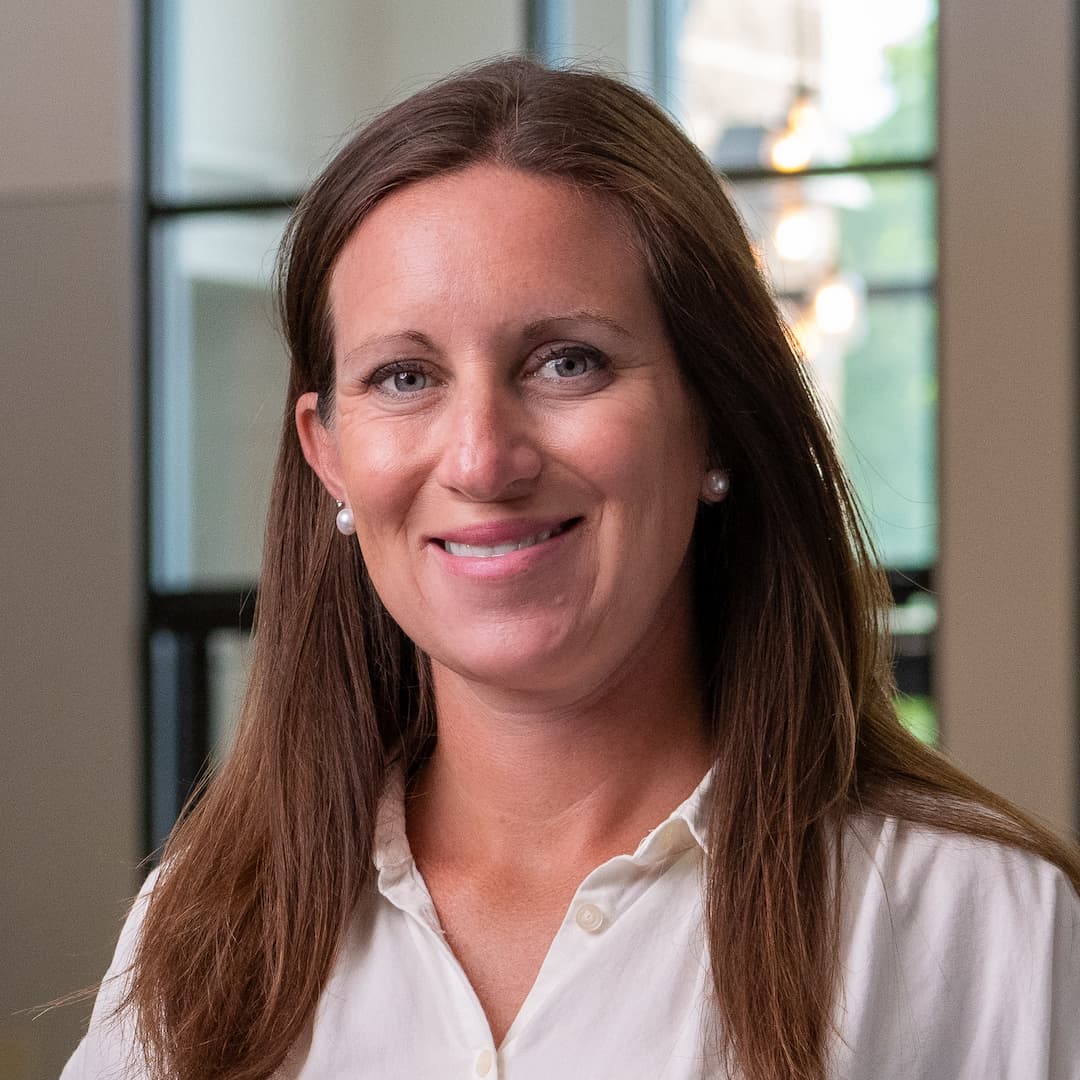I recently did a thing I’ve never done before. I booked a plane ticket and spent 5 days in Boise, Idaho. By myself. It was beautiful, restful, and the location of a new conference that I wanted to attend.
Exiles in Babylon was hosted by Dr. Preston Sprinkle, based on his Theology in the Raw podcast. Why this conference? Put simply, after months of listening to podcast episodes, I had stumbled upon people who loved and followed Jesus and were not afraid to engage challenging topics that are often avoided, or that get really messy, really fast. I was drawn in by something they said repeatedly at the conference: we want to be people who are able to think more deeply and love more widely.
The mission statement of Theology in the Raw: “Theology in the Raw is a space for Christian exiles to think Christianly about all areas of life.”
Topics covered at the conference:
- Politics, unity, and the church
- Sexuality and gender
- Race, racism, and the church
- Two Christian views on the nature of Hell
Sign me up. This is the kind of Jesus follower I want to be and the kind of church I want to be a part of. One who thinks deeply and biblically, who aims to love widely, asks big questions, listens to others perspectives, isn’t afraid to wrestle with a difficult topic, and is a safe place for others to do the same. This conference was a taste of that safe space.
It seemed I was not alone. At the conference, it was common during break periods to turn to someone seated near you and introduce yourselves. Inevitably the question arose, “What brought you here?”
Again and again, the responses were more or less a combination of the same few ideas:
- The desire to be among Jesus followers who are striving to filter life through a Jesus-centered lens vs an American political lens.
- The desire to talk about and wrestle with hard things.
- The desire for healing and unity in the midst of painful and frustrating division in our own churches.
Do I view the world and people through Jesus-colored glasses?
The quality of a lens (tint, prescription, material) affects the way we view the world through it. Some sunglasses are so dark you can barely see. Some are barely tinted and you still need to squint. Others completely change the color of the sky. If you look through someone else’s prescription glasses, everything is off. In life, we all develop a lens through which we view the world and people. We wear our lenses when we listen, speak, read, learn… everything. And, we become so accustomed to our lenses that we are no longer aware we are wearing them.
We all have a lens. And that lens determines how we engage with the world. And so I ask myself the question, what is the tint of my lens?
In conversation do people hear my favorite news channel (a common lens) talking at them, trying to push a point? Or, do they hear Jesus? Do they get a taste of the kingdom of God-where King Jesus is known for heart searching questions designed to connect with the person in front of him? Maybe they primarily hear me speaking through my political lens… with a sprinkle of Jesus for good measure? And maybe, as a follower of Jesus, my lens should be a bit harder to pin since I don’t fit the standard categories of this world. I like what Rich Villodas has to say about this: “The Church is not to be found at the 'center' of a left/right political world. The Church is to be a species of its own kind, confounding both left and right, and finding its identity from the 'center' of God’s life.”
- Rich Villodas
Questions to help us consider our own lenses:
- When I communicate (both verbally and non-verbally), is my lens obvious?
- Am I discipled more by the politics of this world or by Jesus? How does this shape the way I see the world and the people around me?
- Does what I consume (media, books etc.) cause me to deviate from love and respect for my fellow image bearers?
- Do I rely on symbols or paraphernalia to communicate/declare my stance, my allegiance, my ideals? If so, what am I saying to the people around me? What am I hoping they see?
Can we just talk?
“This culture is so nauseatingly polarized that we have completely lost the mental faculty of nuance. We are not thinkers anymore. We are reactors.”
- Beth Moore
There is a lot of fear in the air, particularly around engaging hot button topics that have become highly politicized. There is much to debate and try to "get right". We want to tie a bow on a subject, have a clear positional statement on it. Some engage with others to try to win. Some would rather avoid tough conversations in the name of “keeping the peace". But neither do good work.
I have struggled terribly with this. Frankly, I like being with people who think like me. I can feel myself cringe internally when certain people start talking about certain things. I avoid topics with particular people because… it’s just easier. But what if instead, we practiced curiosity? What if we could learn to live with a little tension in a conversation, in a relationship, instead of cutting it off because it was uncomfortable?
We all have questions, hurts, doubts, and struggles and they need to be talked about. Topics we’re told we should “avoid at the dinner table” (sexuality, politics, religion, etc.) should be safe at Jesus’ table. Jesus did not surround himself with people’s whose lives were in pristine order. They were often a mess. They too had a lot of questions. And they felt safe bringing their messy selves to Jesus.
What would it look like for us to become people who are compassionate, curious thinkers who aren’t afraid to wrestle with hard things?
“Learning how to think is more important than learning what to think. Because a good critical thinker will change their mind when presented with new and better information. And so what you think will change with time. But how to think… that’s a skill.”
- Sharon McMahon
Learning how to think. Evaluating how we approach conversation. This might be new for some of us. But entirely worth the effort. Any time, prayer, and self-reflection put towards this will help us grow and love others well.
Ideas to help guide that process
For myself:
- When was the last time I was swayed or changed an opinion I held tightly?
- Am I curious about how I landed at my own conclusions?
- Do I avoid certain topics? Do I avoid conversation with certain people?
- What am I afraid of? What does this person’s opinion threaten for me?
- What is my reaction in my head, my heart, and my body when listening to someone with whom I strongly disagree? What rises up?
As I approach others:
- Can I ask you a question?
- Tell me more about that.
- You once said ____. I was wondering if we could talk about that?
- How did you come to this idea or conclusion?
- What do we think Jesus would have to say about this?
- I am really uncomfortable with what you just said. I need to think about that more but could we talk about it again?
- This was an interesting conversation. Would you mind if we circled back to it in the future?
How do we pursue healing and unity?
Can we stay in relationship despite challenging differences? How many differences are too many? Can we still go to church together under the same roof? This too I heard again and again among conference attendees. “It’s just been so hard to keep seeing people leave.”
Often, a rift occurred just because their church chose to address a certain topic. The topic in and of itself was viewed through a certain lens, a conclusion was drawn, and healthy engagement did not happen.
The kind of unity that is real and deep will not be as easy, or as pretty as we want it to be.
We hear the word “unity” thrown around a lot lately. The people of Jesus should be known for their unity. But the kind of unity that is real and deep will not be as easy, or as pretty as we want it to be.
This will require some good, hard work. It won’t mean that everyone thinks exactly the same way. It should look like Jesus followers looking at the world through the same Jesus-colored lens. It won’t ignore differences or hard topics. But it might look like Jesus followers, willing to stay and do the hard and uncomfortable work of pressing into difficult conversations with compassion and curiosity.
This could result in unity with some substance. The work would be worth it to be this kind of church.
Action Steps
- Are you wearing Jesus-colored glasses? How do you know?
- Consider asking someone how they experience you. Can they pin your lens?
- Try on compassion and curiosity in a difficult conversation. Practice asking questions and listening.
- Who are you avoiding difficult conversations with? Why?
- Are there relationships that you know have shifted for any of the above reasons? Prayerfully consider what restoration might look like.






